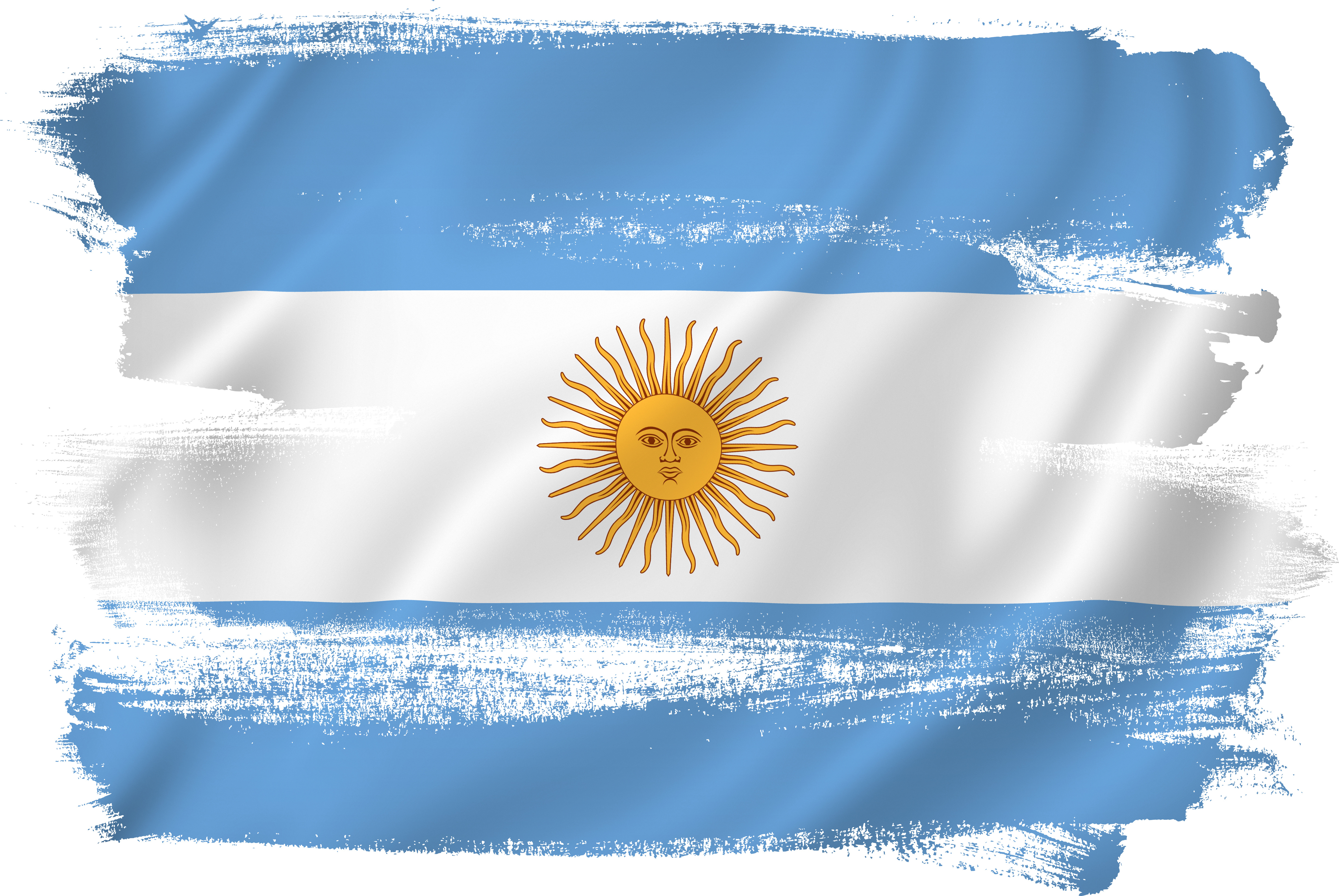By Gina Virdee
The world watched intently as Javier Milei, Argentina’s new far-right President, was elected into power on 20 November 2023, having won a majority over his left-wing opponent, Sergio Massa, by 56%.
Branded as “El Loco” (meaning “the crazy” in Spanish) by both supporters and critics, videos of Milei have circulated across social media which show him wielding chainsaws at campaign events to symbolise his policy prospects to cut state spending.
Once a TV pundit who specialised in economics, his vision for Argentina has sparked fear as he is against feminist and climate change policies, having previously called climate change a “socialist hoax.”
Some of his proposals include: more relaxed gun laws, stronger controls on abortion, switching out the Peso for US Dollars and closing the country’s central bank, which he blames for the surge of inflation, as well as closing the culture, health, education and women’s ministries.
On his path to presidency, Milei has had numerous controversies including labelling Pope Francis as an “imbecile;” mocking Diego Maradona (Argentinian football hero); admiring Thatcher, despite the resentment towards her part in the Falklands War in 1982 and has most notoriously, considered that individuals should be permitted to sell their own organs.
He has also gained the support of former US president, Donald Trump who said that Milei would “Make Argentina Great Again”, echoing the slogan of his own 2016 presidential campaign, “Make America Great Again.”
However, according to the BBC, inflation in Argentina has reached 143%. Most importantly, 40% of the country lives in poverty and the Argentinian Peso is sliding. It is clear that Milei will be faced with domestic issues, which will need to be urgently addressed, and his political capability will be tested.
Once he is sworn in as President on 10 December 2023, he will be in power for a four-year term, alongside his vice-president-elect, Victoria Villarruel.
More worryingly, far-right Dutch politician Geert Wilders’ also won the elections in the Netherlands. Is far-right populism on the rise and what will this mean for international politics?
